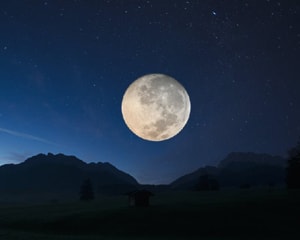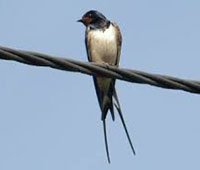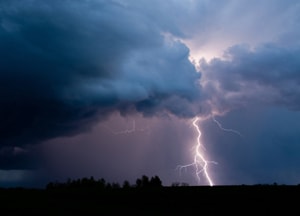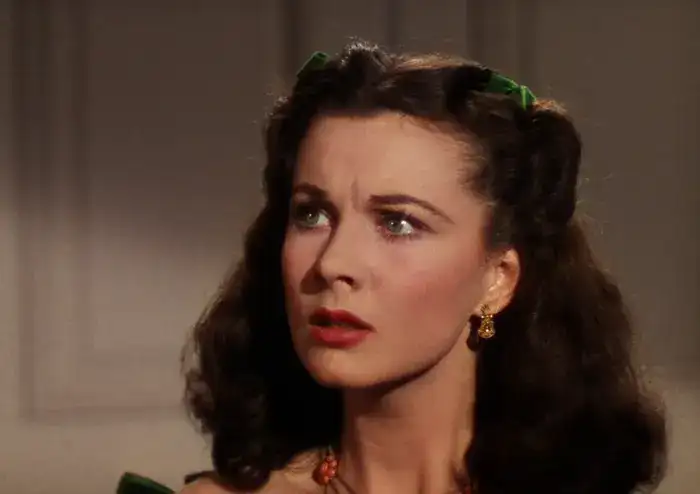LELB Society: A Bilingual Academy of English & Persian › Forums › Best Poems for ESL Students Forum for Discussion › Ode to a Nightingale by John Keats for ESL Students
- This topic has 2 replies, 2 voices, and was last updated 1 year, 2 months ago by
 Dr. Mohammad Hossein Hariri Asl.
Dr. Mohammad Hossein Hariri Asl.
-
AuthorPosts
-
-
November 9, 2024 at 7:26 pm #128924
 Dr. Mohammad Hossein Hariri AslKeymaster
Dr. Mohammad Hossein Hariri AslKeymasterOde to a Nightingale by John Keats is a profoundly introspective poem that delves into themes of transience, mortality, and the solace found in nature and art. Keats contrasts the fleeting nature of human life with the eternal beauty of the nightingale’s song, exploring a deep yearning for escape from the pains of reality. The poem’s rich imagery and emotional depth provide a timeless reflection on the human condition, capturing both the agony and the ecstasy of existence.
Ode to a Nightingale by John Keats
My heart aches, and a drowsy numbness pains
My sense, as though of hemlock I had drunk,
Or emptied some dull opiate to the drains
One minute past, and Lethe-wards had sunk:
‘Tis not through envy of thy happy lot,
But being too happy in thine happiness,—
That thou, light-winged Dryad of the trees
In some melodious plot
Of beechen green, and shadows numberless,
Singest of summer in full-throated ease.
O, for a draught of vintage! that hath been
Cool’d a long age in the deep-delved earth,
Tasting of Flora and the country green,
Dance, and Provençal song, and sunburnt mirth!
O for a beaker full of the warm South,
Full of the true, the blushful Hippocrene,
With beaded bubbles winking at the brim,
And purple-stained mouth;
That I might drink, and leave the world unseen,
And with thee fade away into the forest dim:
Fade far away, dissolve, and quite forget
What thou among the leaves hast never known,
The weariness, the fever, and the fret
Here, where men sit and hear each other groan;
Where palsy shakes a few, sad, last gray hairs,
Where youth grows pale, and spectre-thin, and dies;
Where but to think is to be full of sorrow
And leaden-eyed despairs,
Where Beauty cannot keep her lustrous eyes,
Or new Love pine at them beyond to-morrow.
Away! away! for I will fly to thee,
Not charioted by Bacchus and his pards,
But on the viewless wings of Poesy,
Though the dull brain perplexes and retards:
Already with thee! tender is the night,
And haply the Queen-Moon is on her throne,
Cluster’d around by all her starry Fays;
But here there is no light,
Save what from heaven is with the breezes blown
Through verdurous glooms and winding mossy ways.
I cannot see what flowers are at my feet,
Nor what soft incense hangs upon the boughs,
But, in embalmed darkness, guess each sweet
Wherewith the seasonable month endows
The grass, the thicket, and the fruit-tree wild;
White hawthorn, and the pastoral eglantine;
Fast fading violets cover’d up in leaves;
And mid-May’s eldest child,
The coming musk-rose, full of dewy wine,
The murmurous haunt of flies on summer eves.
Darkling I listen; and, for many a time
I have been half in love with easeful Death,
Call’d him soft names in many a mused rhyme,
To take into the air my quiet breath;
Now more than ever seems it rich to die,
To cease upon the midnight with no pain,
While thou art pouring forth thy soul abroad
In such an ecstasy!
Still wouldst thou sing, and I have ears in vain—
To thy high requiem become a sod.
Thou wast not born for death, immortal Bird!
No hungry generations tread thee down;
The voice I hear this passing night was heard
In ancient days by emperor and clown:
Perhaps the self-same song that found a path
Through the sad heart of Ruth, when, sick for home,
She stood in tears amid the alien corn;
The same that oft-times hath
Charm’d magic casements, opening on the foam
Of perilous seas, in faery lands forlorn.
Forlorn! the very word is like a bell
To toll me back from thee to my sole self!
Adieu! the fancy cannot cheat so well
As she is fam’d to do, deceiving elf.
Adieu! adieu! thy plaintive anthem fades
Past the near meadows, over the still stream,
Up the hill-side; and now ’tis buried deep
In the next valley-glades:
Was it a vision, or a waking dream?
Fled is that music:—Do I wake or sleep?— By John Keats
Podcast of Ode to a Nightingale by Join Keats
Analysis of Ode to a Nightingale by Join Keats
Ode to a Nightingale by John Keats explores the fleeting nature of human existence and the desire for a transcendent experience beyond the confines of mortality. The nightingale’s song represents an eternal, unchanging beauty that stands in stark contrast to the poet’s awareness of his own mortality and the ephemeral nature of life. Keats contemplates the idea of escaping into the nightingale’s world, a place free from the pain and suffering that characterize human existence. This longing for transcendence underscores the poet’s deep-seated yearning for a connection to the sublime, a state of being that transcends the physical and temporal limitations of life.

The poem also delves into the theme of the tension between reality and imagination. Keats juxtaposes the harsh realities of human life with the idealized, almost mythic world of the nightingale. While the bird’s song offers a brief respite from the poet’s existential angst, he ultimately acknowledges that such escape is fleeting. The nightingale’s song fades, leaving the poet to confront the inevitability of his own mortality and the impermanence of beauty and joy. This exploration of the interplay between the real and the imagined, the temporal and the eternal, highlights the poet’s struggle to find meaning and solace in a world fraught with suffering and change.
-
November 22, 2024 at 8:35 pm #129083
 Farhang HooshmandMember
Farhang HooshmandMember1. The Nightingale’s Song: The poem begins with the speaker listening to the beautiful song of a nightingale. This bird represents pure beauty and joy, and its song transports the speaker to a place of happiness and peace.
2. Escape from Reality: As he listens, the speaker wishes to escape from his own troubles and the harsh realities of life, such as pain, suffering, and mortality. The nightingale’s song seems to offer a temporary relief from these worries.
3. The Nature of Beauty: The speaker reflects on the idea that the beauty of the nightingale is eternal and unchanging, unlike human life, which is filled with suffering and is ultimately fleeting. He envies the bird’s ability to live in a timeless world.
4. Confronting Mortality: As the poem progresses, the speaker becomes aware that he cannot escape reality forever. He acknowledges that life is filled with sadness and that beauty does not last. This realization brings him back to the harshness of life.
5. Return to Reality: In the end, after the song fades, the speaker feels a sense of loss and sadness. He understands that while the nightingale’s song was beautiful and enchanting, he must return to his own life, which is marked by pain and transience.
Themes
- Beauty vs. Mortality: The poem explores how beauty can provide a temporary escape from life’s difficulties but ultimately cannot change the fact that life is short and full of suffering.
- Nature: The nightingale symbolizes the beauty of nature and art, which can uplift us but also remind us of our own limitations.
- Transience of Life: Keats reflects on how everything in life is temporary, including happiness and beauty.
Conclusion
Overall, “Ode to a Nightingale” captures a deep longing for beauty and an appreciation for nature while grappling with the realities of human existence. It’s a meditation on how we find joy amid sorrow and the inevitability of facing life’s challenges.
-
November 23, 2024 at 11:45 pm #129103
 Dr. Mohammad Hossein Hariri AslKeymaster
Dr. Mohammad Hossein Hariri AslKeymasterThat was a thorough analysis of the poem, Ode to a Nightingale by John Keats. Thank you so much.
-
-
AuthorPosts
- You must be logged in to reply to this topic.



